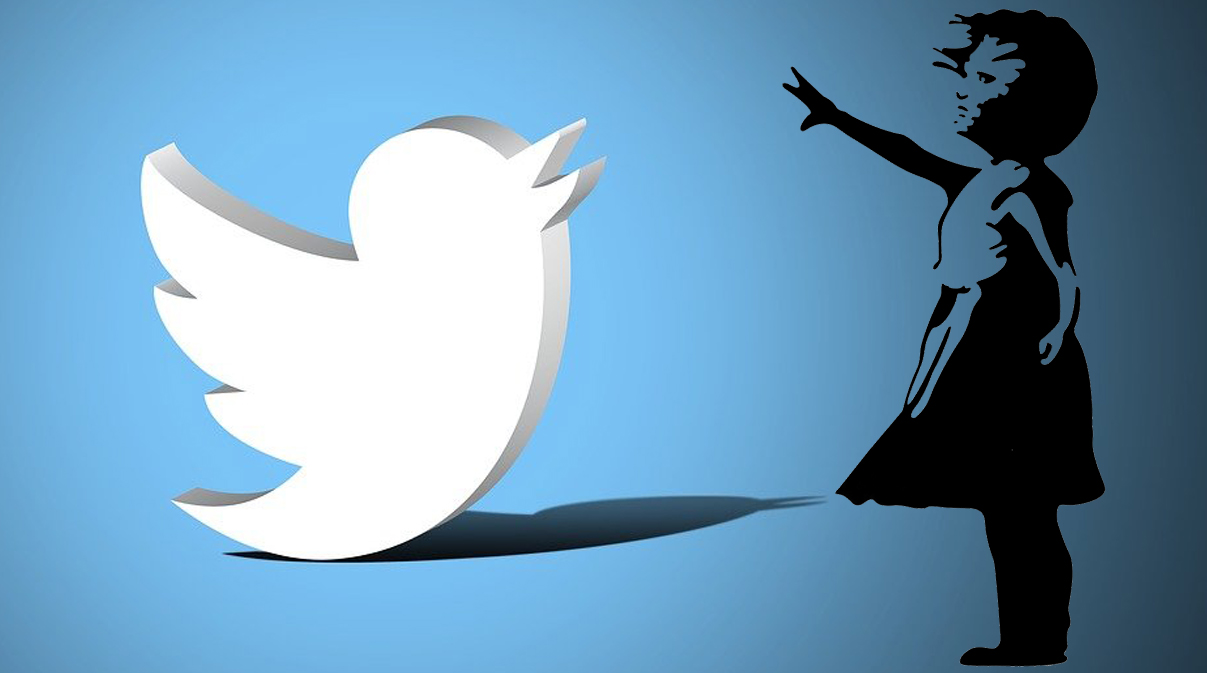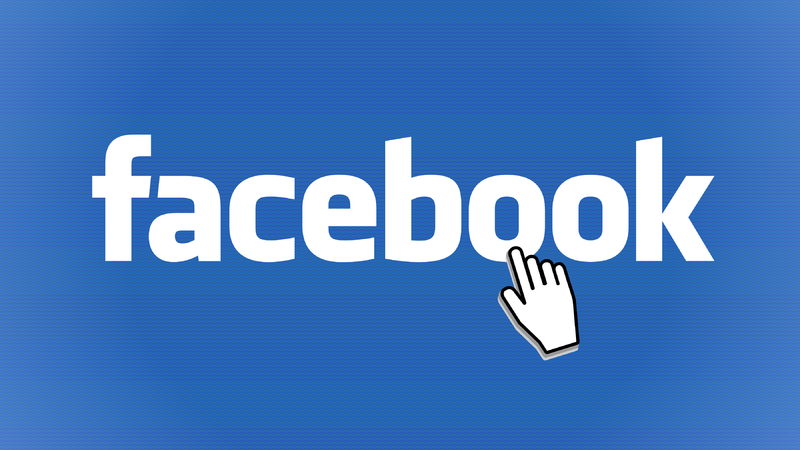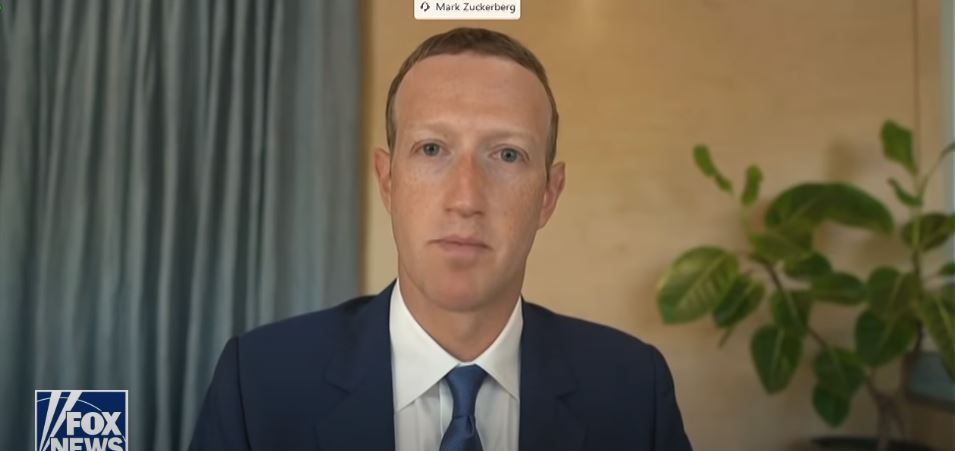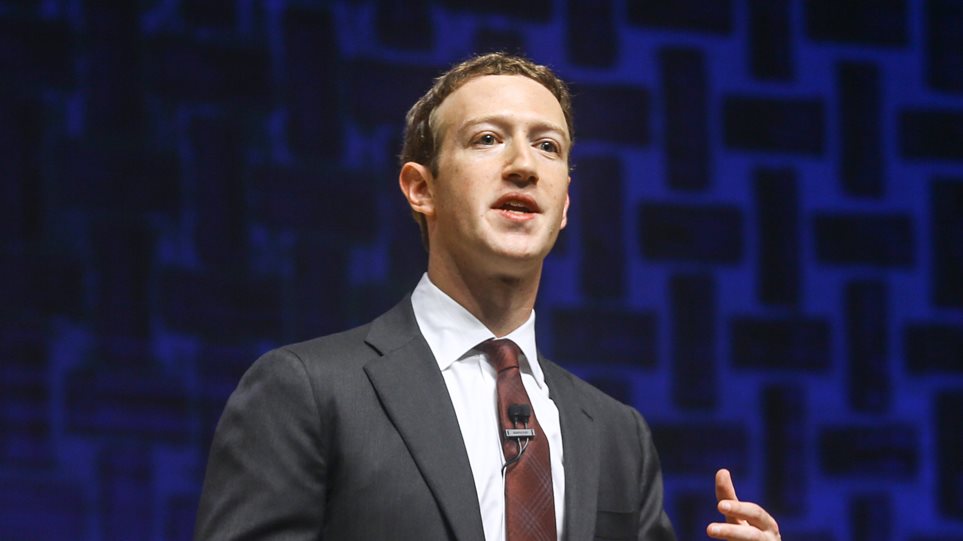Australian Prime Minister Scott Morrison has said his government will not be intimidated by Facebook blocking news feeds to users
Elected officials and media publishers in the United Kingdom, Canada, Germany and the United States slammed Facebook’s actions on Thursday, suggesting they were anti-competitive and underscored the need for a
regulatory crackdown.
“It is one of the most idiotic but also deeply disturbing corporate moves of our lifetimes,” Julian Knight, the lawmaker who chairs the Digital, Culture, Media and Sport Committee in Britain’s parliament, told broadcaster Sky News.
In a statement shared with CNN Business, Knight said that UK lawmakers will use pending legislation aimed at regulating social media companies to ensure platforms such as Facebook promote “trusted news sources.”
“This action — this bully boy action — that [Facebook has] undertaken in Australia will I think ignite a desire to go further amongst legislators around the world,” he added in an interview with Reuters.
David Cicilline, a Democratic congressman from Rhode Island who chairs the House Antitrust Subcommittee, echoed that sentiment. He said that “if it is not already clear,” Facebook’s actions in Australia demonstrate that the company “is not compatible with democracy”.
“Threatening to bring an entire country to its knees to agree to Facebook’s terms is the ultimate admission of monopoly power,” he said in a
post on Twitter.
Canadian heritage minister Steven Guilbeault said on
Twitter that “Facebook’s actions are highly irresponsible and have jeopardized the safety of the Australian people.” “We will continue to move forward to put in place fair legislation between news media and web giants,” he added.
Publishers seized the opportunity to fire shots at the platform, which dominates the digital advertising business along with Google. In Germany, the Federation of German Newspaper Publishers (BDZV) called on governments to restrict Facebook’s influence.
“It is high time that governments around the world limit the market power of gatekeeper platforms,” said Dietmar Wolff, general manager of BDZV. “The fact that a platform simply shuts down pages at will in order to build up political pressure shows where the problem with the American network monopoly lies on the internet,” said Wolff.
The backlash followed a decision by Facebook on Wednesday to bar Australians from finding or sharing news from local and international outlets on its platform, escalating a fight with the government over a new law that will force tech companies to pay news publishers for content posted to their platforms. Sharing news links from Australian publishers is also restricted outside the country.
Facebook and Google have tussled with publishers for years over how they display their content. Media companies, which have lost out on billions of dollars in advertising revenue to online platforms, argue the tech giants should pay them for showing their content. Defenders of the platforms say they drive huge audiences to news websites at no cost.






































